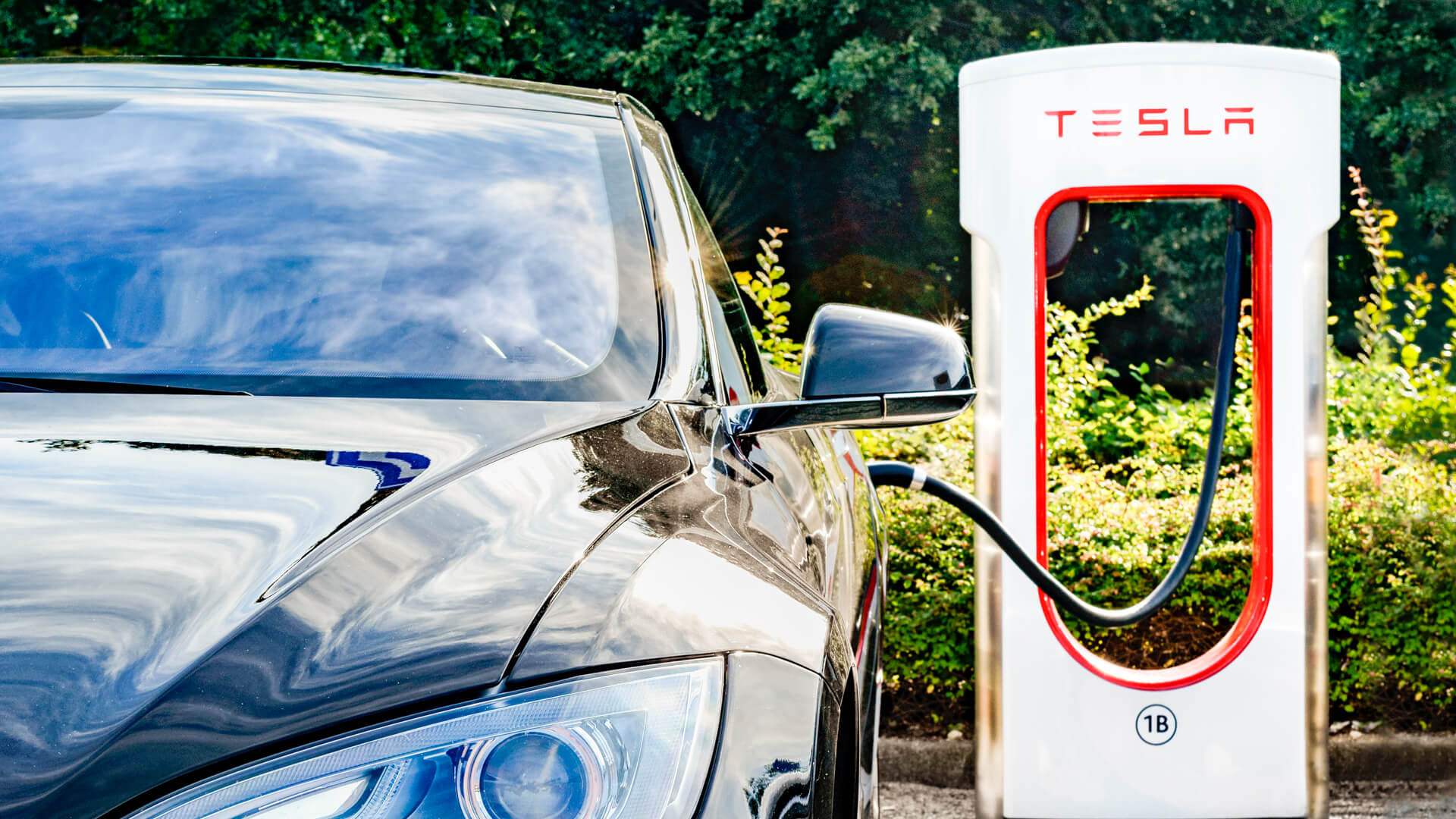
Thinking about switching from gas to electric can feel like a big leap. But when you look at the monthly cost of driving, the numbers speak for themselves, especially when you compare a Tesla to a gas-hungry Ford F-150.
Read More: Here’s What It Costs To Charge a Tesla Monthly vs. Using Gas for a Nissan Altima
Check Out: 6 Hybrid Vehicles To Stay Away From in Retirement
We crunched the numbers using expert input, government data and real-world efficiency estimates to determine the actual cost of driving each vehicle 1,000 miles per month.
Monthly Cost to Charge a Tesla at Home
According to the U.S. Department of Energy (DOE), most electric vehicles (EVs) consume between 25 and 40 kilowatt-hours (kWh) per 100 miles, depending on vehicle size and efficiency. That means driving 1,000 miles per month would typically use 250 to 400 kWh of electricity.
At the U.S. average residential electricity rate of 17.45 cents per kWh (as of April 2025, according to the U.S. Energy Information Administration), charging an EV at home would cost between $44 and $70 per month.
For You: How Much Does It Cost To Charge a Tesla?
“For someone who primarily charges at home, the Tesla is hands-down a winner,” said Kazimieras Urbonas, car expert and supplier excellence manager at Ovoko. “But if you’re dependent on public charging, the cost benefit drops by a huge margin.”
Most public charging stations, especially fast chargers, can cost two to three times more than home electricity rates. That means if you rely heavily on public chargers, your EV charging costs could exceed $100 per month, depending on usage and location.
Fuel Cost for a Ford F-150
A 2024 Ford F-150 with the 3.5L EcoBoost V6 engine gets an estimated 20 mpg combined, according to EPA ratings. Driving 1,000 miles would require about 50 gallons of gas, and at the current average price of $3.20 per gallon (as of July 2025, per AAA), that equates to approximately $160 per month in fuel costs.
In other words, driving an F-150 can cost more than double what it would cost to charge a Tesla at home, and in some cases, over three times more, depending on the vehicle and charging setup.
Real-World Factors That Impact Charging Costs
1. Charging Inefficiency
EV efficiency ratings, like miles per kilowatt-hour, only reflect the energy used by the motor, not what you actually draw from the grid. But charging isn’t perfectly efficient.
According to Recurrent Auto, most Level 2 home chargers operate at 83% to 94% efficiency, meaning 6% to 17% of electricity is lost as heat or to onboard systems. So while a Tesla might use 244 kWh to drive 1,000 miles, you’ll likely pull between 260 and 290 kWh from the wall, a common misconception that can lead to underestimating your electric bill.
2. Weather-Related Efficiency Loss
Cold weather impacts EV range more than gas mileage. EVs can lose up to 40%, per the DOE. By comparison, gas-powered vehicles like the F-150 usually see only a 5% to 15% drop in fuel efficiency in similar temperatures.
Hidden Costs on Both Sides
Tesla
- Home charger installation: $500 to $2,000
- Winter charging may be more frequent
- Supercharging adds cost compared to home rates
Ford F-150
- Fuel price volatility
- Routine maintenance (oil changes, filters, tune-ups): $100 to $200 per month
- Long-term engine wear reduces efficiency
Bottom Line
If you drive around 1,000 miles a month and can charge at home, a Tesla can save you a significant amount on fuel. But the real savings depend on where you charge, how you drive and how much seasonal weather affects your vehicle.
Electric vehicles aren’t always cheaper in every situation, but for most drivers with access to home charging, the numbers lean in Tesla’s favor.
More From GOBankingRates
- New Law Could Make Electricity Bills Skyrocket in These 4 States
- I'm a Self-Made Millionaire: 6 Ways I Use ChatGPT To Make a Lot of Money
- 5 Strategies High-Net-Worth Families Use To Build Generational Wealth
- The New Retirement Problem Boomers Are Facing
This article originally appeared on GOBankingRates.com: Here’s What It Costs To Charge a Tesla Monthly vs. Fuel a Ford F-150







